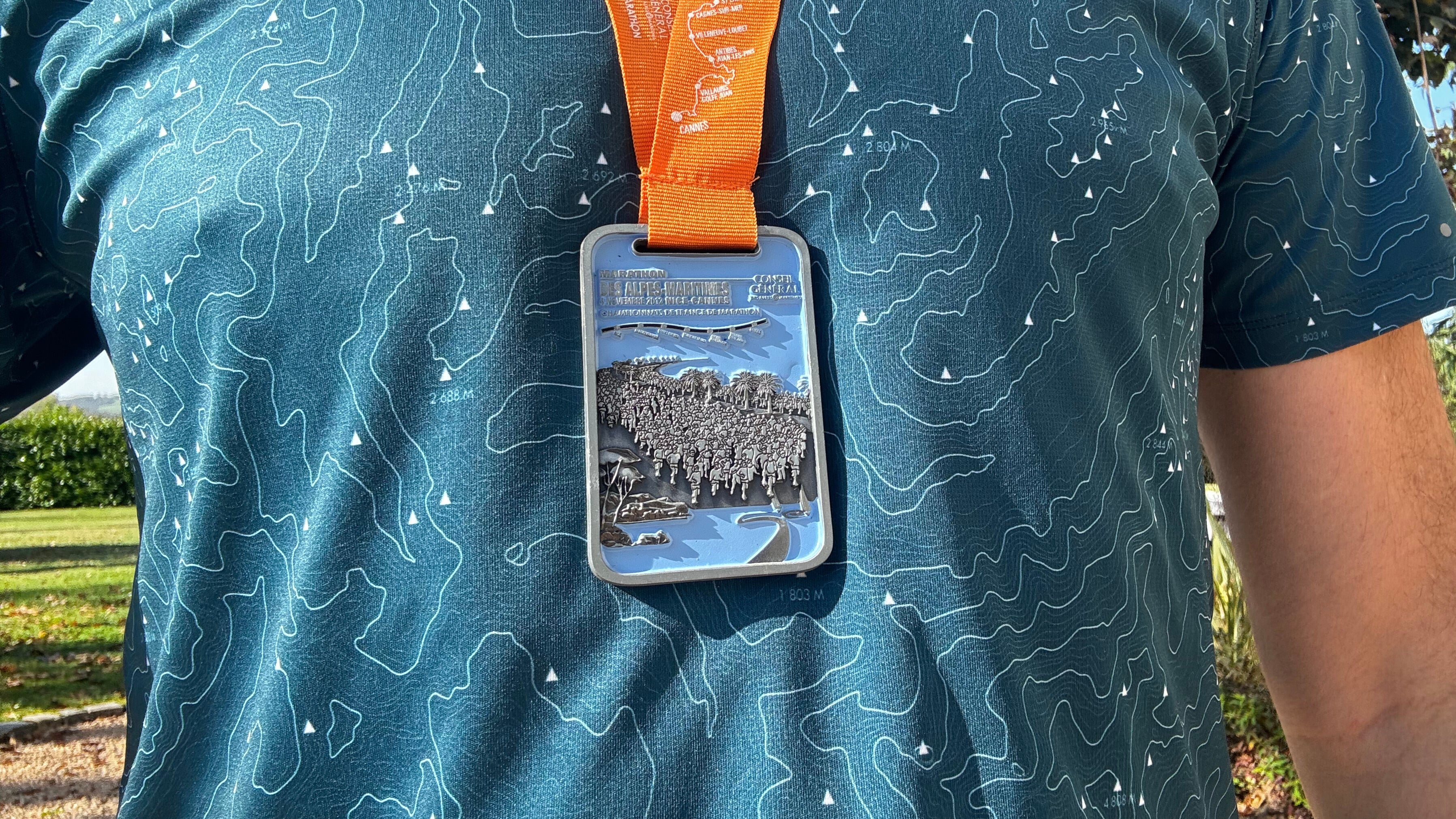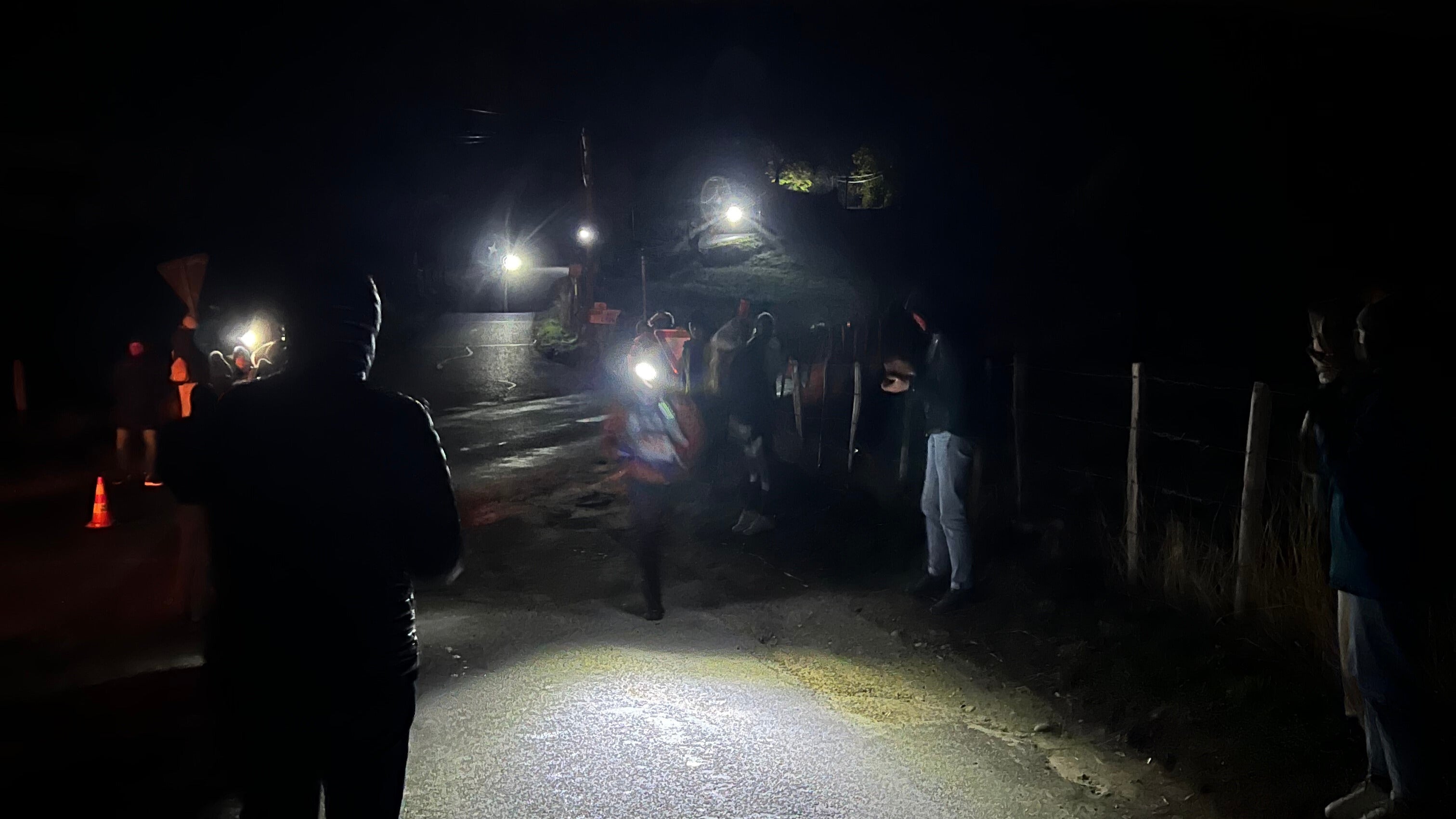
How to mentally prepare for a marathon?
Only 3 or 4 people out of 100 will run a marathon at least once in their life. Wanting to run a marathon and preparing to do so is therefore showing a fairly rare determination. If you are reading this article and preparing to run a marathon, congratulations on your motivation! There are not many people who will have the same experience. Why? Because the marathon is a difficult and demanding race, so much so that the word marathon has entered the common vocabulary as the expression of a long and difficult experience: 'these negotiations were a real marathon'. In the collective imagination, the marathon is almost the height of difficulty in the world of sport and beyond. So how can you get past this image of the marathon and mentally prepare yourself to run a marathon (especially if it is your first)?
1. By registering, you are already demonstrating courage and determination.
Your mental preparation starts as soon as you make the decision to participate. If you are preparing to run your first marathon or your second, tenth, twentieth marathon, you are already clearly showing courage and determination. And showing courage and determination is an ideal mental foundation for preparing to run a marathon. Nothing will replace your physical preparation, your training week after week and without these, there is no salvation. But in addition to these, your courage and determination will serve you and help you throughout your preparation and on race day.
2. Training as a school of discipline and motivation
Following a training program for several months, week after week, session after session while life goes on (professional life, family life), is also demonstrating discipline and motivation. Having courage, determination and adding a dose of discipline and motivation on a daily basis is further strengthening your mental foundation. The event is not only run on the day, it is run throughout your preparation. And as you train (while being careful not to overtrain), you will gain in physical shape. By taking care of recovery and sleep, this generally goes hand in hand with greater physical energy on a daily basis. And greater energy is also an additional source of motivation like a virtuous circle.
After months of training, you are ready for the big day, the day of the race and the marathon.
3. Be both focused and relaxed on the big day
On D-Day, the best mental state you can be in is to be both focused and relaxed. Focused because you are going to run more than 42 kilometers for several hours. It is normal to be apprehensive. The body knows that it will have to endure significant and constant physical efforts. However, you must ensure that this apprehension does not turn into too much stress. This is where a form of relaxation can help you. A simple and effective way to start by being relaxed is to start at a slower pace than your target pace for the first 3-4 kilometers, so a pace that should be relatively easy for you. This allows you to 'get into' the race gradually without getting carried away, without overexcitement, almost calmly and almost as if you were waking up physically and mentally.
4. Cut the race into several parts
Once the race has started, it is useful mentally to break it down into several parts. For example, by distance of 10 kilometers. By mentally breaking the race down into 4 times 10 kilometers, you make it less impressive. With your marathon training, running 10 kilometers is no longer a challenge. The first 10 kilometers are the introduction, you have to run them as relaxed as possible, almost inside. During the second 10 kilometers, you have to be at your cruising speed without accelerating and in complete control. The transition to the half marathon will show you where you are on your race plan. A marathon is played out over the second half of the race, or even the last third. The third 10 kilometers is often the one where at some point the race will start to get physically tougher. This is normal, this is true for everyone. At this point, you have already run a half marathon and fatigue will start to build up. It is there, often between the 25th and 30th kilometer that your ability to resist, to endure will begin to come into play (see point 7 below). The last 10 kilometers is still different, it is a mixture of negative sensations and positive signals with a certain level of difficulty, suffering (almost inevitable at this stage) but also the approach of deliverance, of the finish line. The body suffers but the mind begins to feed more and more on the goal that is getting closer, to 'believe in it'.
5. See each refueling as a reward and a mini-goal
To break the race into several pieces, you can also use each aid station mentally as a reward (the reward is simply being able to hydrate and eat) and as a mini-objective: I run to the next aid station. This mental 'technique' is particularly suitable for the second half of the race. With physical fatigue, the idea of being able to drink and eat at the aid station is a positive idea that counterbalances the signals of fatigue and suffering that your body is starting to send you. Just seeing the aid station looming in the distance becomes a positive signal and mentally, it simply feels good.
6. Prepare yourself to resist, to endure in difficult times
From the second half of the race and normally on the last third after about 25 or 30 km of racing, there is a moment that is generally more difficult to manage. You have already run more than a half-marathon. Fatigue is probably starting to set in, but there are still about fifteen kilometers left and that is not nothing as a distance to cover. Mentally and physically, this is a moment that you have to know how to manage. You are no longer as fresh as in the first half of the race and the finish is still far away. It is during these kilometers a little in between, long after the start and still far from the finish that you have to know how to resist, endure. It is a challenge as much mental as physical. The body begins to show signs of fatigue, the stride is probably no longer as light as at the start of the race. This is where the mind takes over. You have to be both patient and grit your teeth a little, or even a lot. If the marathon did not include these difficult passages, it would not have this reputation as a demanding event. The good news is that this somewhat difficult part of the race will eventually pass and give way to the deliverance of the last kilometers and the joy, the euphoria of the finish line.
7. Count down to the last third
As you approach the last third, the race becomes more difficult. The excitement, the ease of the beginning of the race gives way to the fatigue and difficulty of the end of the race. This is true for everyone, potentially to varying degrees, but for everyone, the last third requires that extra motivation, endurance, resilience to overcome the difficulty. Another mental 'technique' on this last third is to start counting down how much you have left to run. You will quickly arrive at 13, 12, 11, 10 kilometers still to run. And the passage to less than 10 kilometers still to go becomes in your head an additional encouragement: 'I only have 9 kilometers left'... The distance that remains to be covered, even if you have already been running for several hours, becomes mentally 'doable' again, less impressive. And this feeling only gets stronger: 'only 6 kilometers to go... only 3 kilometers to go...' The finish line is getting closer and closer, you start to visualize it, to think about it.
8. Be your first supporter
What you are doing, few people do it in their life. You can encourage yourself and be proud of yourself. Be your first supporter. Even if the time goal you had may not be reached on this marathon, you are running a marathon and it remains a sporting feat, whatever the time achieved. All this training that you have done, they are proof of your determination, your discipline and your desire to take on the physical and mental challenge that a marathon represents. You can congratulate yourself and say well done! You deserve it.
9. Enjoy the atmosphere and all the encouragement
Even if you are a bit in your own bubble during the race, make the most of the encouragement from the spectators. It warms your heart, it boosts you mentally to see strangers encouraging you, perhaps calling you by your first name if it is printed on your bib. An event like the marathon is a very emotional moment. Make the most of it, this encouragement will push you, give you wings. If friends or family have come to see you run and encourage you, make the most of it too. It is a unique moment of sharing. And when the finish line looms, it is time to fully experience the last moments of the race, they are often magical!
10. Visualize the finish and the result: you are a marathon runner.
During your training and during the race, in the easiest and most difficult moments, visualize the finish line and think about what you are achieving. You are becoming a marathon runner. It is a sporting feat that will remain etched in your memory, a great moment in your life as an athlete and a rather unique day in your life.
In short, to mentally prepare yourself to run a marathon: be proud of yourself and be your number one supporter, try to be both focused and relaxed during the race, break the marathon into several parts, enjoy all the encouragement and small victories like reaching the next aid station, and finally, on the last third, grit your teeth, count down and visualize the finish. You are becoming a marathon runner!



Leave a comment
This site is protected by hCaptcha and the hCaptcha Privacy Policy and Terms of Service apply.